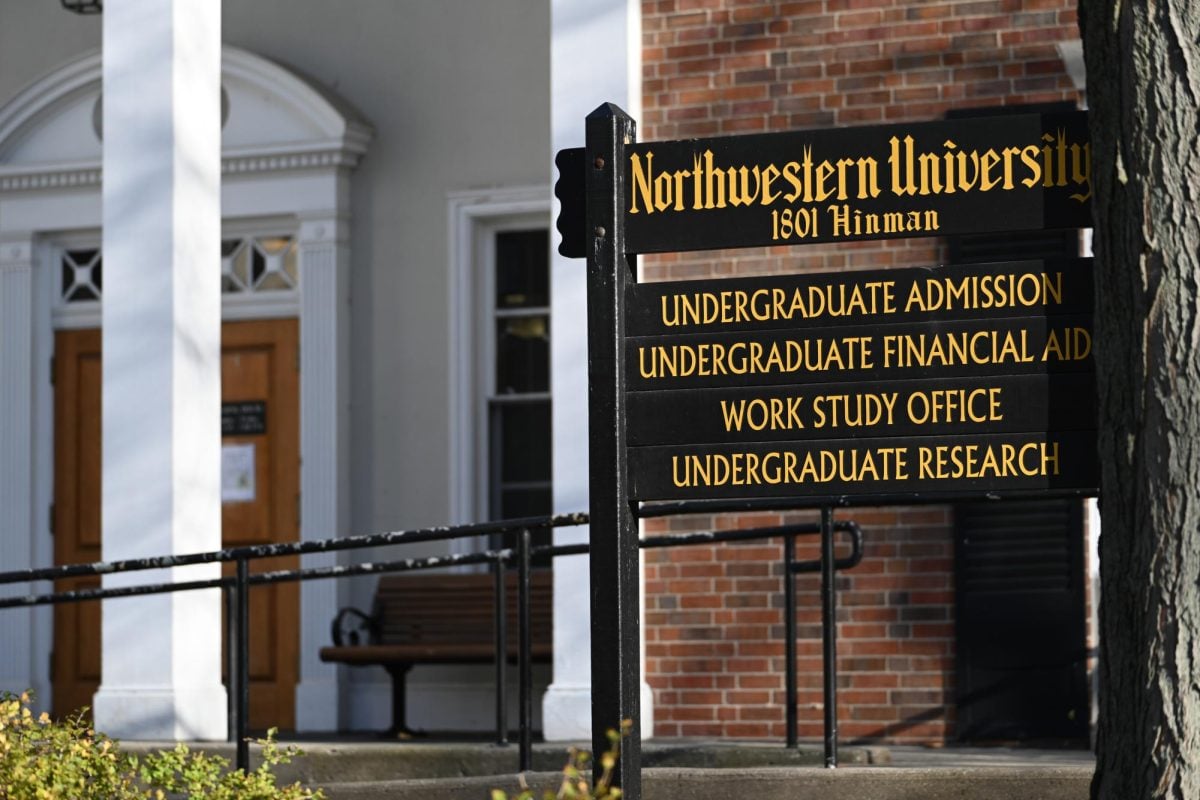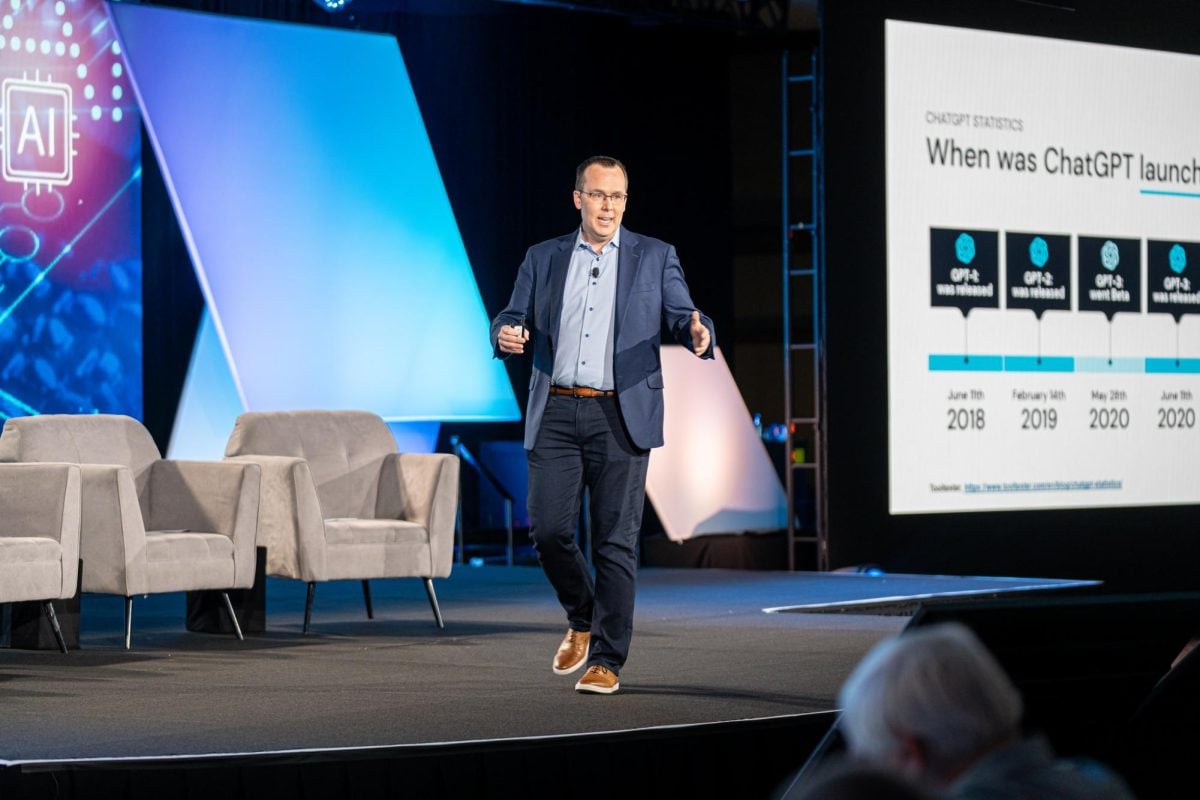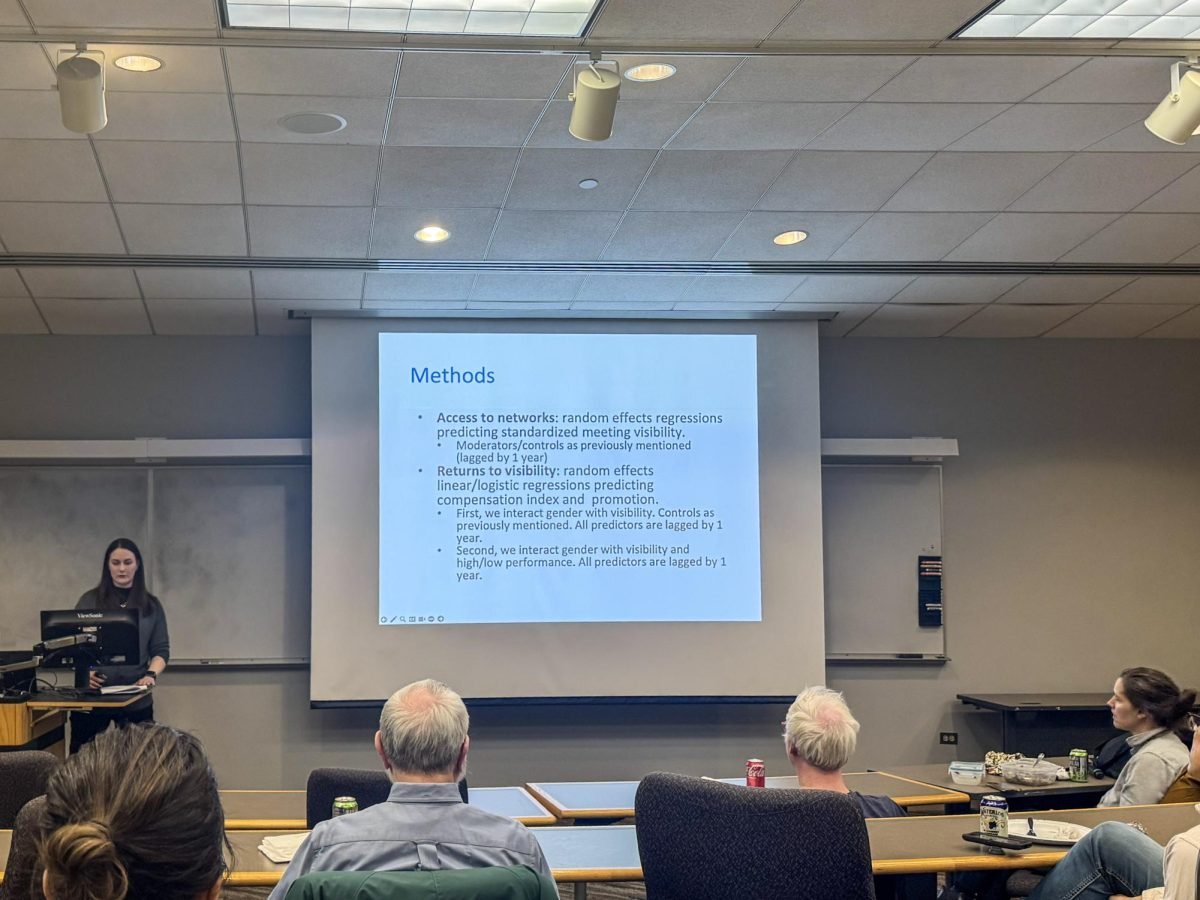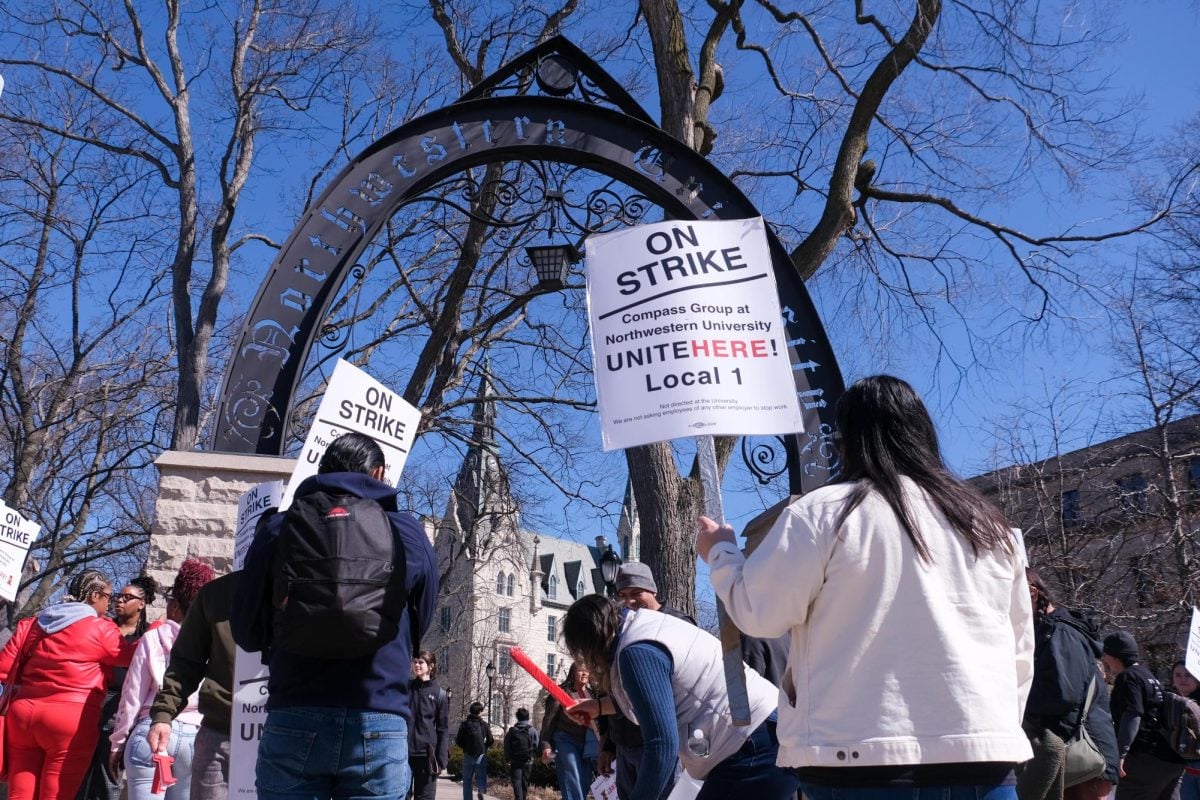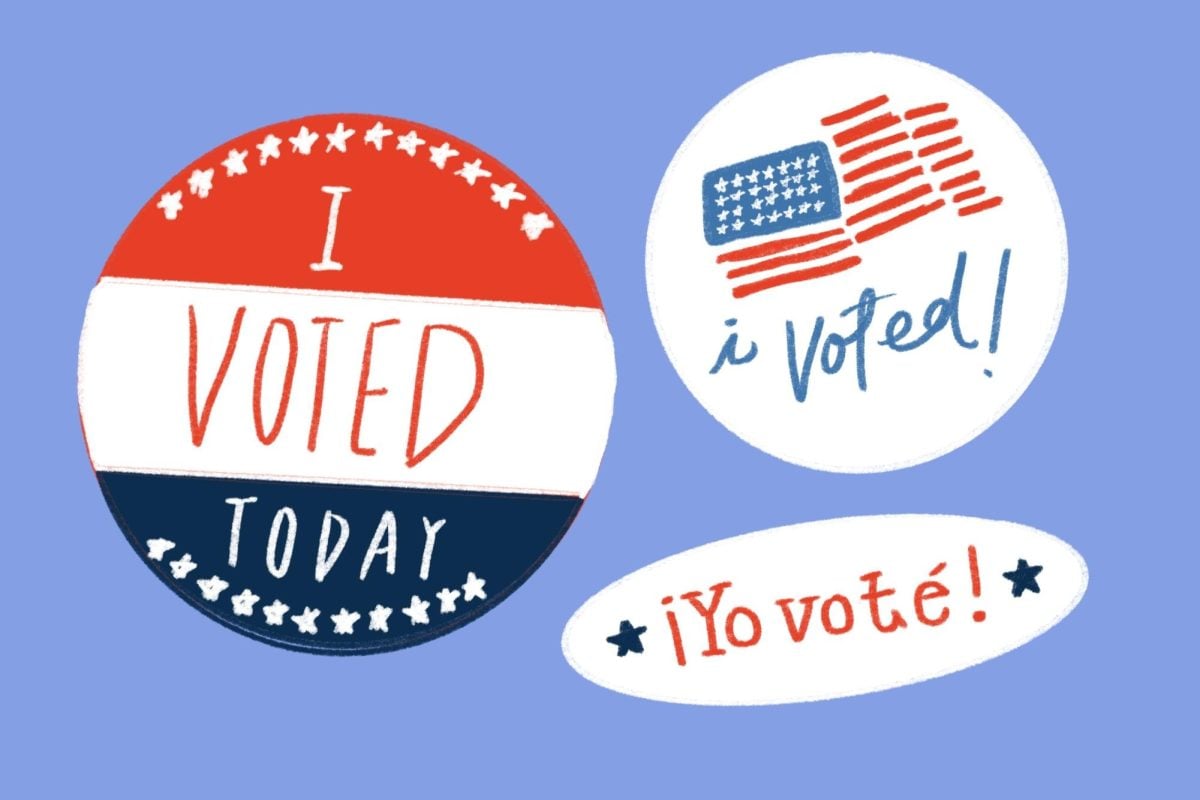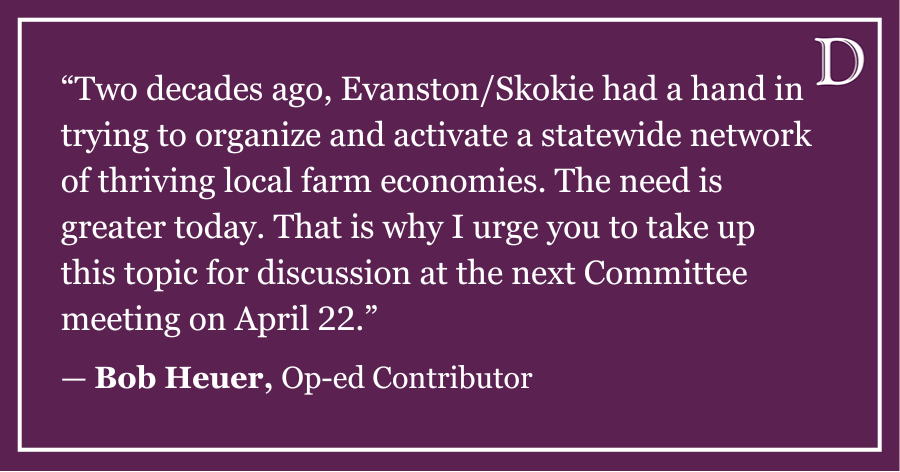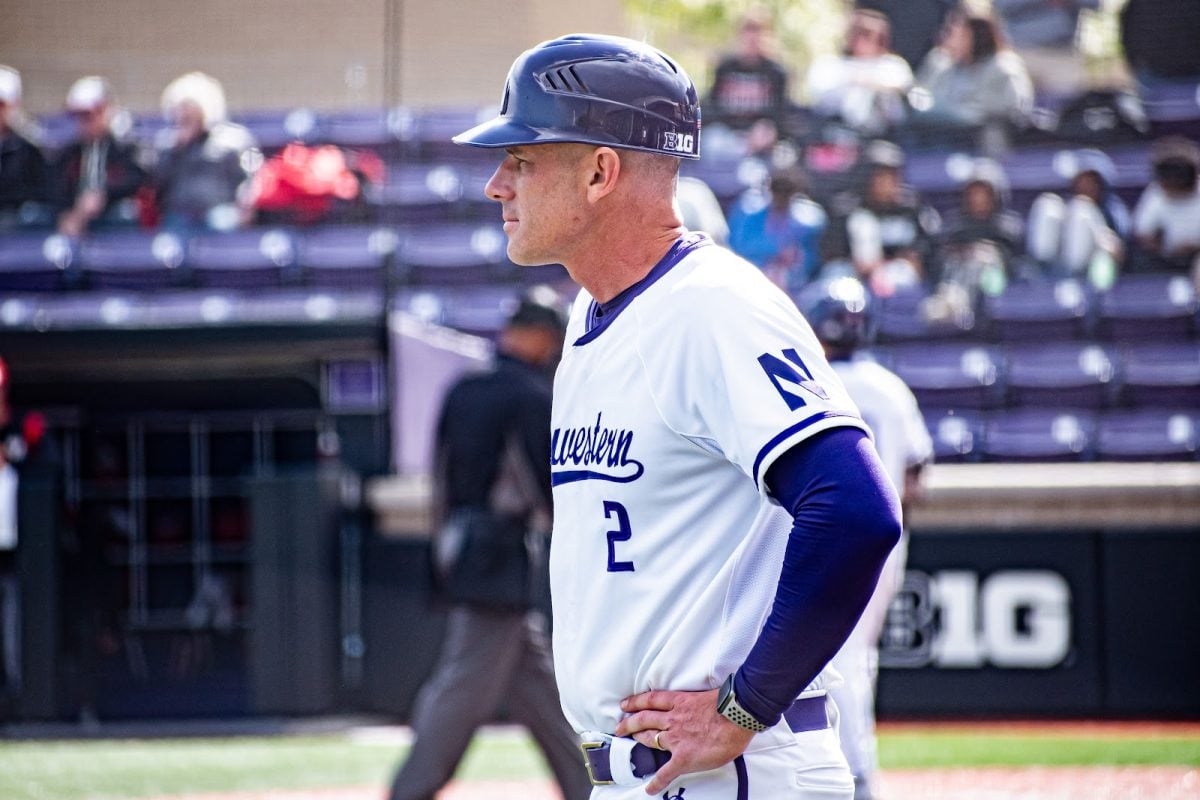On the campaign trail, President-elect Donald Trump vowed to dismantle the Department of Education after taking office — a move that could usher in sweeping changes to the Free Application for Federal Student Aid.
Instituted in 1980, the Department of Education oversees Federal Student Aid, the office responsible for financial aid disbursement. Federal financial aid helps both incoming and current undergraduates through programs such as Pell Grants, federal loans and work-study opportunities.
FAFSA is a federal financial aid program that requires college students to reapply annually. During the 2024-25 application cycle, FAFSA underwent structural changes aimed at expanding student eligibility. These changes resulted in delays and a slow roll-out, leaving many students unsure about their financial aid packages for the upcoming school year.
Weinberg freshman Janibeth Arroyo recalled seeking help from her high school counselor due to the limited resources available about FAFSA. What was supposed to be a simplified process, counselors told her, muddled into a complicated one.
“They changed (FAFSA) to make it easier,” Arroyo said. “However, it was actually harder because they made you create an account for your parents, like each one of your parents, which I thought was really terrible.”
Arroyo added that additional technical issues with the application prompted a monthslong back-and-forth of clearing past bureaucratic hurdles. Arroyo, who identifies as a first-generation student, said opportunities to improve errors in the financial aid form were largely absent.
As a recipient of both the federal Pell Grant and a Northwestern University Scholarship with plans to find a work-study, Arroyo said she is concerned about the future of federal aid, which she added comprises about “a third” of her financial aid package.
“If we were to dismantle (the Education Department), I think it would be almost anti-progressive in the way that less people would be receiving education, and those that are receiving education are receiving a less diverse (form),” Arroyo said. “Some people obviously would be getting less educational opportunities because (they’re) not receiving those funds.”
Abolishing the Education Department is a logistically challenging — though not impossible — feat for the president-elect. The executive branch cannot exclusively dissolve the agency and requires both Congressional approval and a 60% supermajority of votes to overcome a potential filibuster in the Senate.
Proponents of dismantling the Education Department — primarily GOP lawmakers — point to the agency’s record of mismanagement and inefficiency. Republicans have long pushed for closing the Education Department, asserting that oversight would be shifted to other agencies, while programs like FAFSA would largely remain intact.
Critics argue that disrupting the disbursement process could adversely impact students reliant on financial aid.
If the Education Department was dismantled, the consequences on the Federal Student Aid office and FAFSA could have varying effects on NU students, particularly those who identify as first-generation or lower-income.
Weinberg freshman Isaiah Thomas, a recipient of The Gates Scholarship, noted that his full-ride scholarship covers most of his tuition. However, he stressed that accurate reporting on FAFSA, such as reporting the right number of household members and assets, is crucial to making sure he doesn’t lose the scholarship.
“My biggest concern is for other people,” Thomas said. “If you’re not on an outside scholarship, and the Department of Education is updating (or) negating a lot of the aid that you would receive, it will not be as affordable to attend Northwestern.”
Thomas also said he wondered whether NU would offset potential losses in federal aid through its own scholarship program if changes to FAFSA or the Education Department were to reduce financial support.
He added that dismantling the Education Department would make financial aid disbursement “more complicated” while inducing further stress on families.
University spokesperson Hilary Hurd Anyaso wrote in a statement that NU will closely monitor and assess developments in Washington, D.C., collaborating with other universities to “collectively advocate for higher education” and to reinforce the University’s educational mission.
“As for shifting that responsibility elsewhere, (other departments) already have responsibilities,” Arroyo said. “I feel like education would be prioritized to a lesser extent than it might already be.”
Arroyo said the effects might be hard to forecast. She added that there could be changes to states’ curriculums and funding that could impact the quality of education students across the country will receive.
Political science Prof. Andrew Roberts said that it may be difficult for states to “pick up the slack” if federal funding were cut.
While states might have a “better finger on the pulse” of their citizens regarding education, returning the decision to the state level “may just be a pretext for reducing overall funding,” Roberts said. The federal government would likely pass the responsibility to the states but without funding or adequate resources, he said.
Roberts added that certain policies relating to welfare, including education, should be exercised at the national level, otherwise competition between states to lower taxes and benefits could facilitate a “race to the bottom.”
McCormick freshman Alex Kosowski, a QuestBridge scholar, said in the absence of federal financial aid, his remaining tuition would be covered by Questbridge.
Kosowski said financial aid means “everything, really everything” for him and his family, especially for him to go to a school as expensive as NU.
He added that inconsistencies in financial aid could have made all the difference between receiving a degree at a local state school “and getting out” versus experiencing life as an NU student.
“When you can’t just make it out, you need some type of rubber band to pull you up,” Kosowski said.
Email: philiplam2028@u.northwestern.edu
Related Stories:
— NU faculty experts worry about second Trump presidency in post-election panel
— Presidential election results prompt mixed reactions on campus
— Institute for Policy Research hosts panel on 2024 election and threats to democracy
